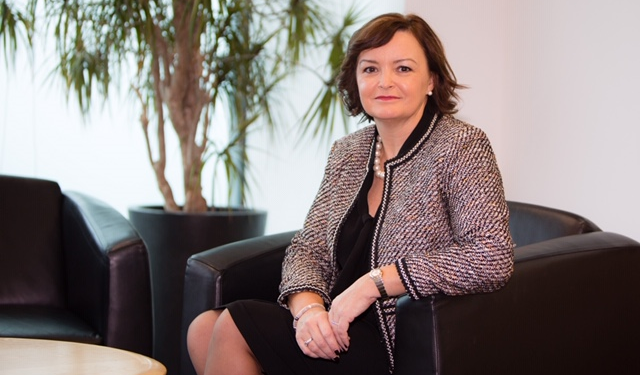Running job ads through a gender language decoder and a colour checker for accessibility and not asking about degrees unless they are vital to the role are just some of the key ingredients to Axa Health’s diversity and inclusion (D&I) strategy.
Tracy Garrad, chief executive of Axa Health, (pictured) compared successful diversity and inclusion strategies to trying to get a recipe right.
Garrad explained that the diversity part of the strategy and the different ingredients are the bits of the recipe at the beginning where things need to be put in the right proportions.
But she warned unless the oven is at the right temperature, “no matter how well you mix those ingredients, it’s not going to come out right.”
Asked to expand on her comments at the Association of British Insurers (ABI) Diversity Equity and Inclusion Summit, Garrad told Health & Protection that attracting diverse talent was just part of the recipe for a real diverse and inclusive workforce.
“It’s vital that everybody, once they join a business is given great opportunities, recognised and rewarded when working well and valued for the skillsets they hold,” she said.
“The work environment is such an important factor when it comes to getting the best from the talent you attract.
“It is not just about attracting diverse talent but also retaining them and taking the time to understand the best ways to allow them to thrive and really take pride in the work they do.
“Without this understanding, insurers might see that they aren’t attracting the workforce that they strive for.
“Everyone should be able to bring 100% of themselves to work and a workforce should be made up of the people we see around us, which includes encouraging and embracing different genders, ethnicities, abilities, and socio-economic backgrounds.”
Inclusive recruitment
Consequently, Garrard revealed that the firm’s inclusive recruitment process includes running all job advertisements through a gender language decoder, a colour checker for accessibility, a dedicated disability concierge and not asking for degrees unless necessary for the role.
“Once recruited, we empower our people and trust them to shape the way they work best,” Garrad continued.
“We know one size doesn’t fit all so depending on our customers’ needs, people’s unique circumstances and how individual teams operate, we offer a blend of remote and office-based working.
“A large proportion of employees now have regular movement between working locations and we have found that working in this way has no negative impact on opportunity or development.
“Our brand promise Know You Can, embodies empowerment and self-belief. For our employees, it’s a mindset, not a strapline, and, with the support of our values, it helps our employees develop the confidence to progress both professionally and personally.”






